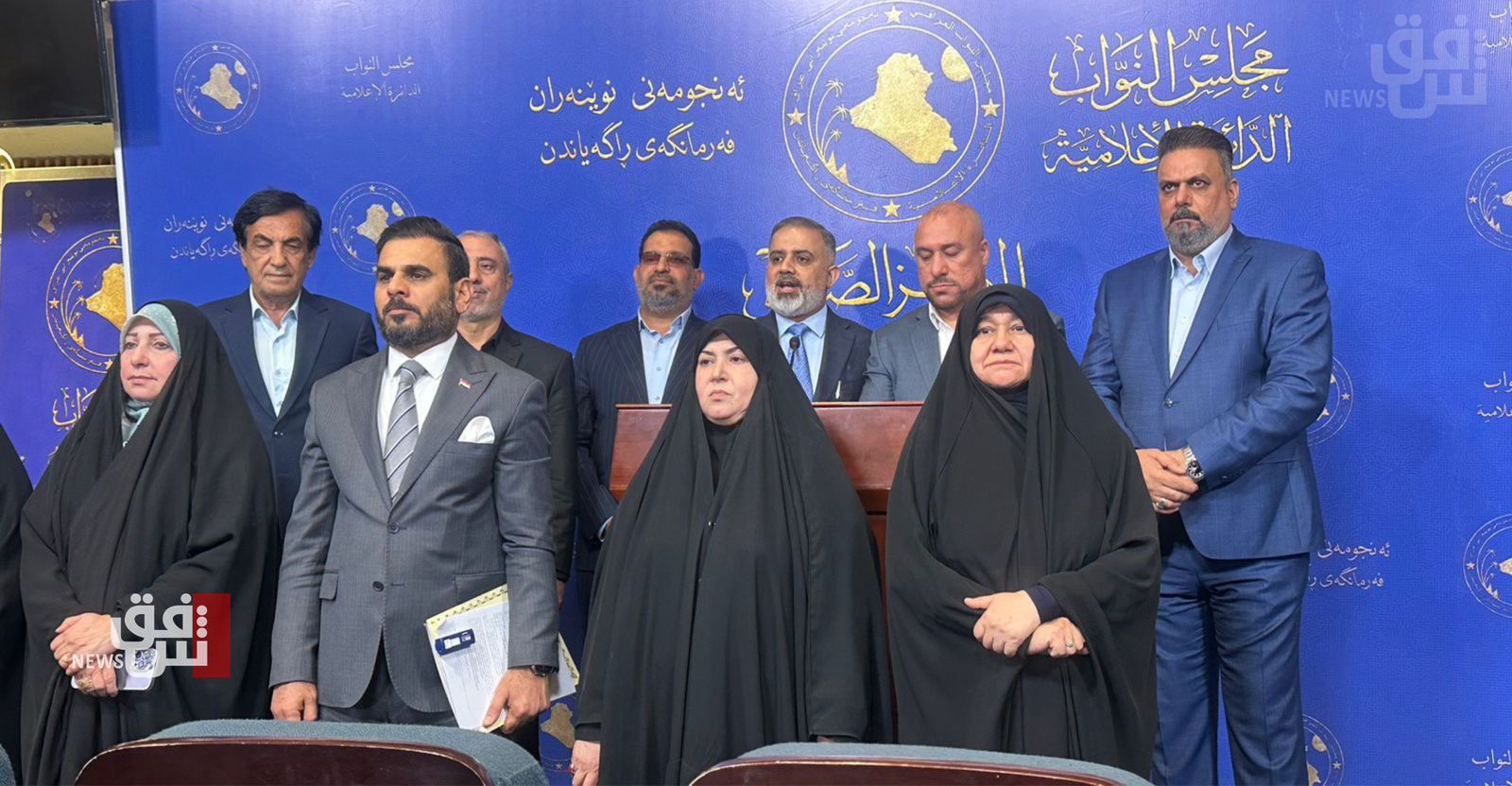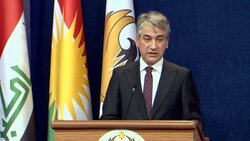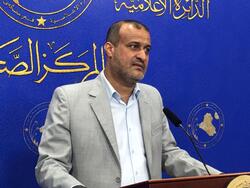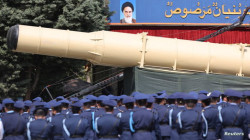Iraqi lawmakers push to expel U.S. ambassador after remarks on controversial law

Shafaq News/ Iraqi lawmakers on Sunday said they started a campaign to expel U.S. Ambassador Alina Romanowski, accusing her of interfering in the country's internal affairs.
The move comes after the Iraqi parliament passed an anti-prostitution and homosexuality bill, which Romanowski said it "threatens constitutionally protected human rights and fundamental freedoms".
Lawmaker Faleh al-Khafaji defended the move in a press conference alongside other members of the Shiite Coordination Framework and said it is "a response to ongoing foreign influence in Iraq".
"We face a great responsibility as there are still many who want to impose their will on the Iraqi people," al-Khafaji said, without directly naming the United States.
He went on to defend the anti-prostitution law, portraying it as upholding "Iraqi ethics, moralities, and values". He then accused Romanowski's response to the legislation of "disrespecting the Iraqi parliament and its people".
Al-Khafaji seized the opportunity lambast the United States for supporting of Israel in its bloody war on Gaza and arresting student protesting in US universities against those actions.
"We demand the government to expel and replace the US ambassador for her interference in Iraqi affairs," al-Khafaji concluded.
Yusuf al-Kelabi, another lawmaker from the Coordination Framework, said the bloc had already gathered over 61 signatures for a memorandum requesting the Foreign Ministry to declare Romanowski persona non grata.
He said that Romanowski had engaged in "work outside her job" by interfering with Iraqi legislation and criticized what he described as "hypocrisy" on the part of Western nations regarding human rights.
Condemnation poured in after Iraq's Parliament altered pre-existing laws to criminalize homosexuality.
Earlier today, Romanowski said in a post on X that the United States is "deeply concerned" by legislation, warning that it "threatens constitutionally protected human rights and fundamental freedoms".
The diplomat said the legislation might be used to "further hamper free-speech and personal expression and inhibit the operations of NGOs across Iraq".
"The legislation also weakens Iraq’s ability to diversify its economy and attract foreign investment," she added.
The law explicitly criminalizes homosexuality, already taboo in the largely conservative Arab country.
The amendment to a 1988 anti-prostitution law was passed quietly on Saturday. It punishes same-sex relations by a jail term of 10 to 15 years. Gender-transition is meanwhile punishable by one to three years in jail, alongside the "intentional practice of effeminacy."
The law also bans organizations which promote "sexual deviancy," punishing them by at least seven years in jail and a fine of a minimum of 10 million dinars (approximately $7,600.)
The acting Iraqi parliamentary speaker, Mohsen Al-Mandalawi, said in a statement that it was "a necessary step to protect the value structure of society" and to "protect our children from calls for moral depravity and homosexuality."
Sources reported that an initial draft of the legislation stipulated that same-sex relations would be punishable by the death penalty.





